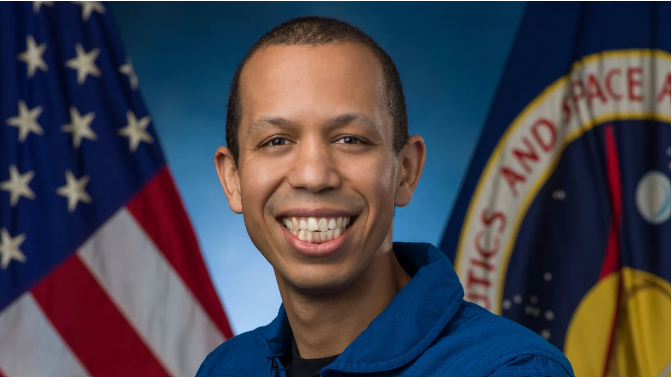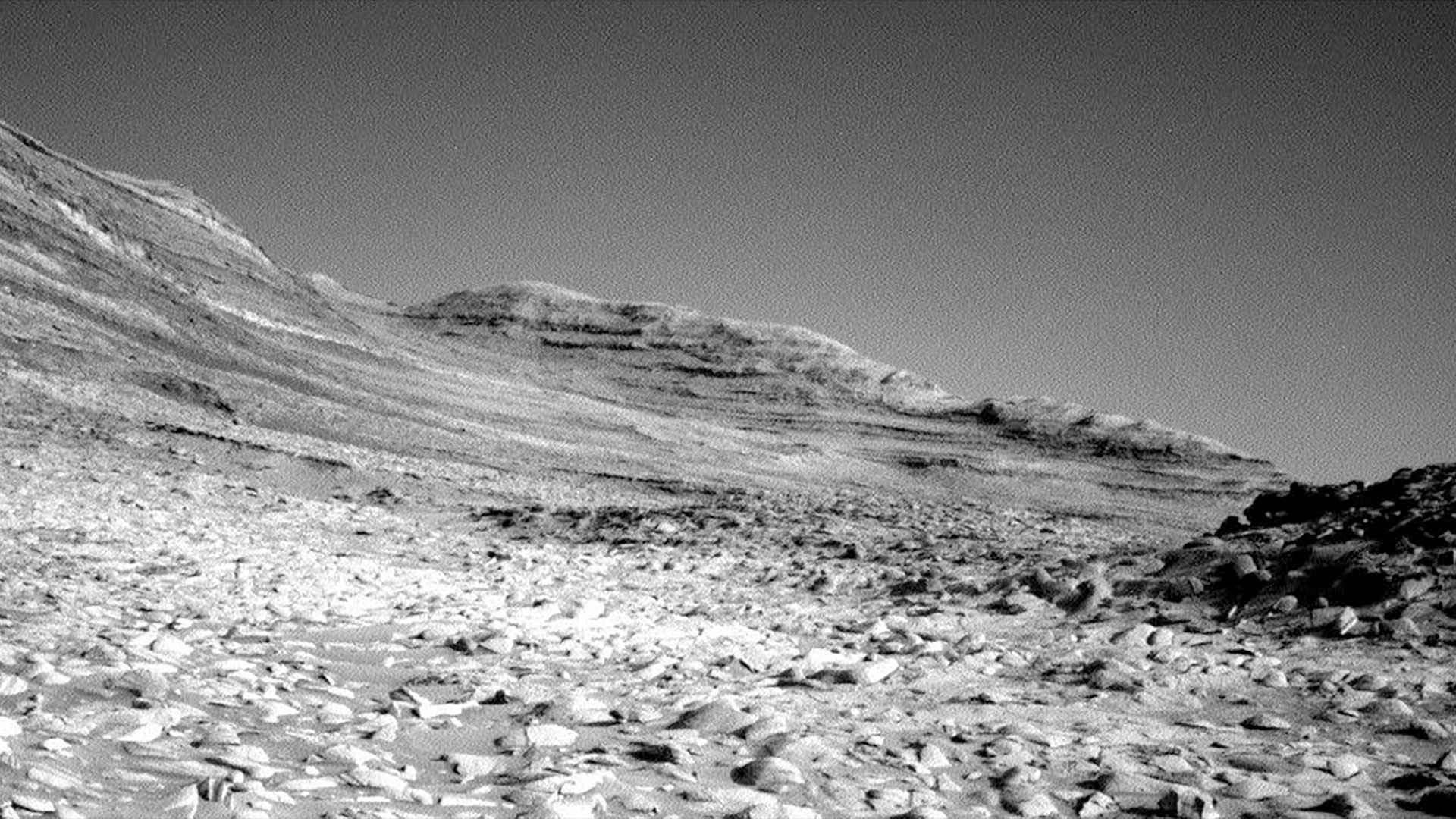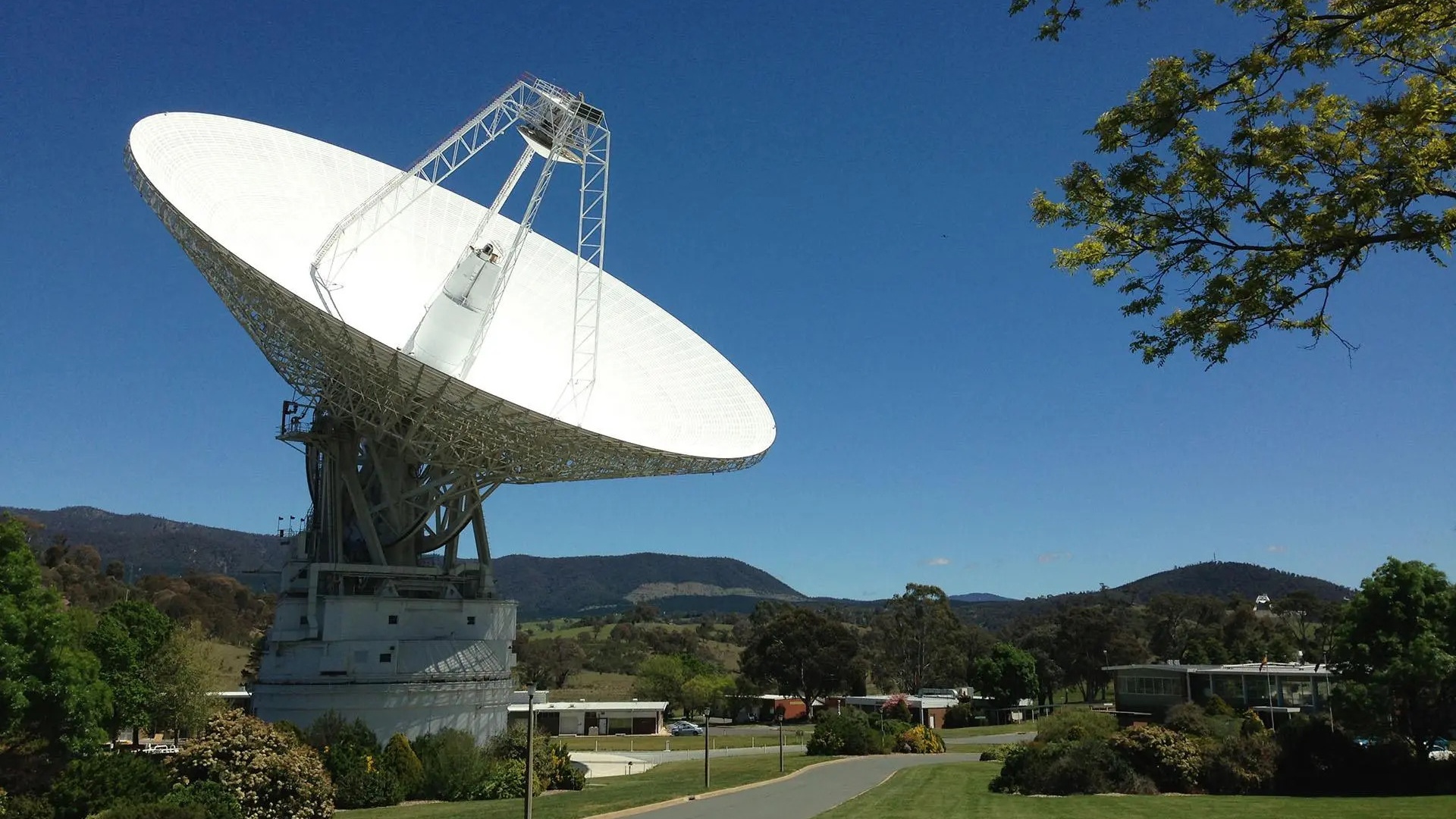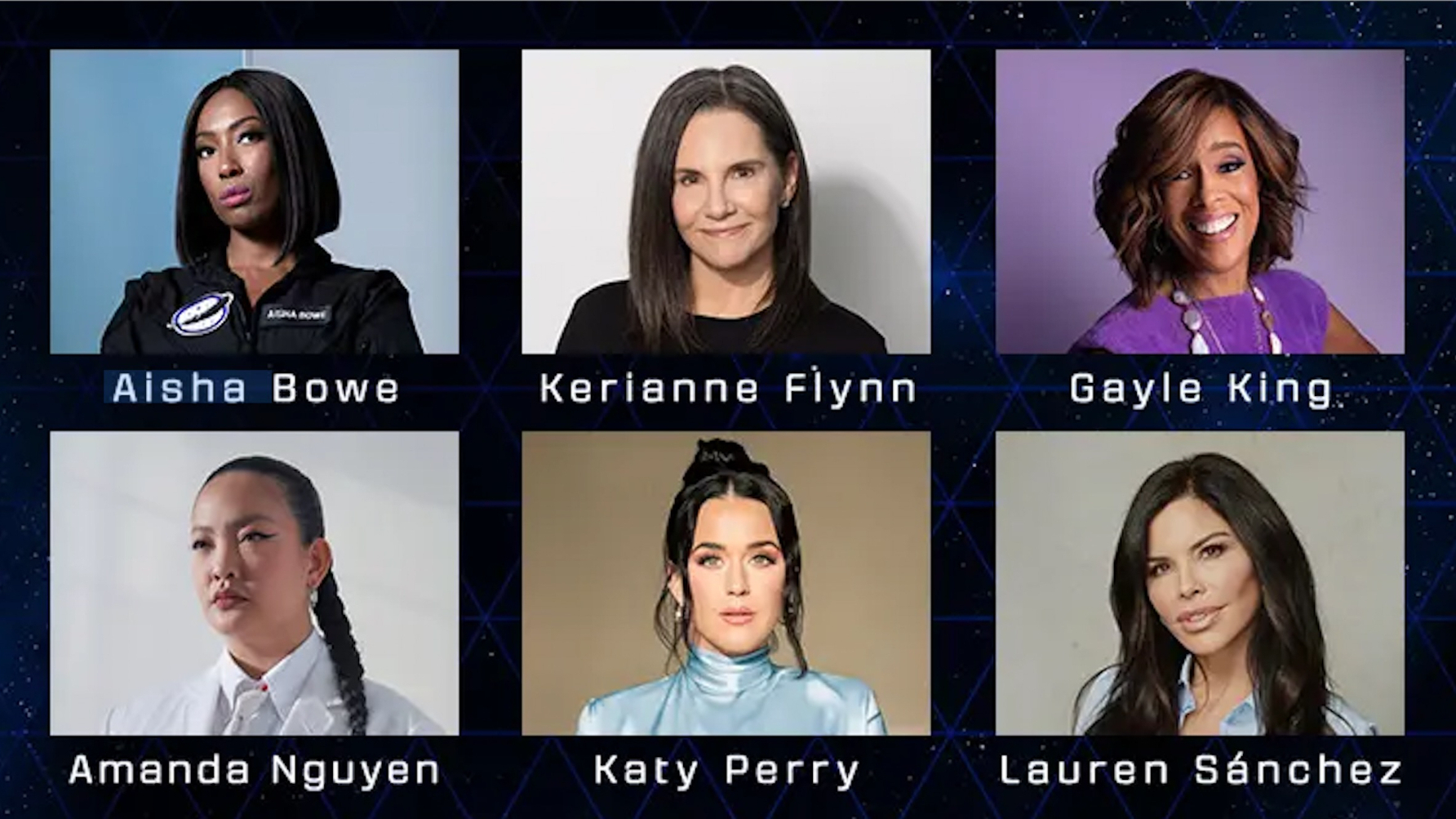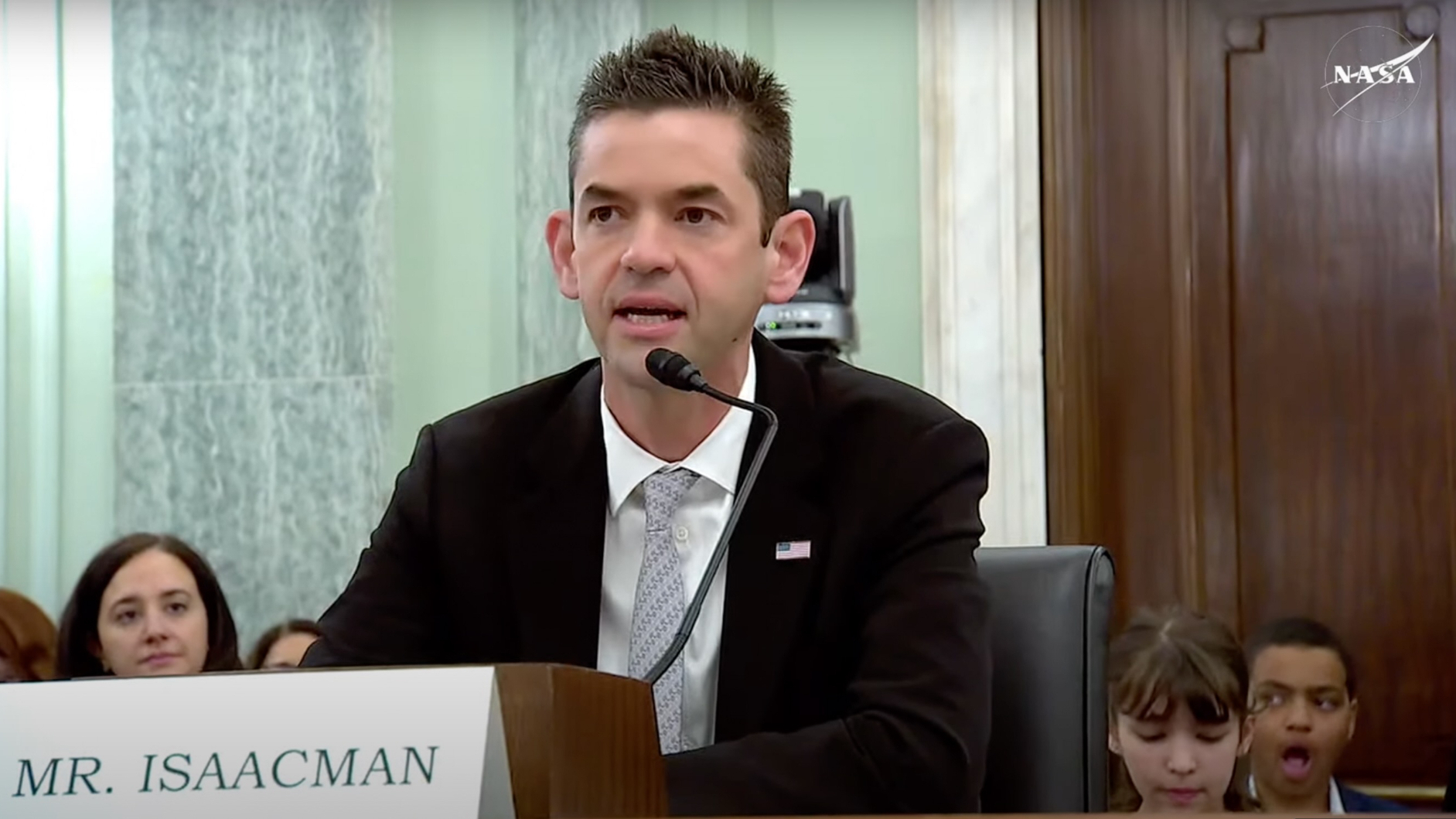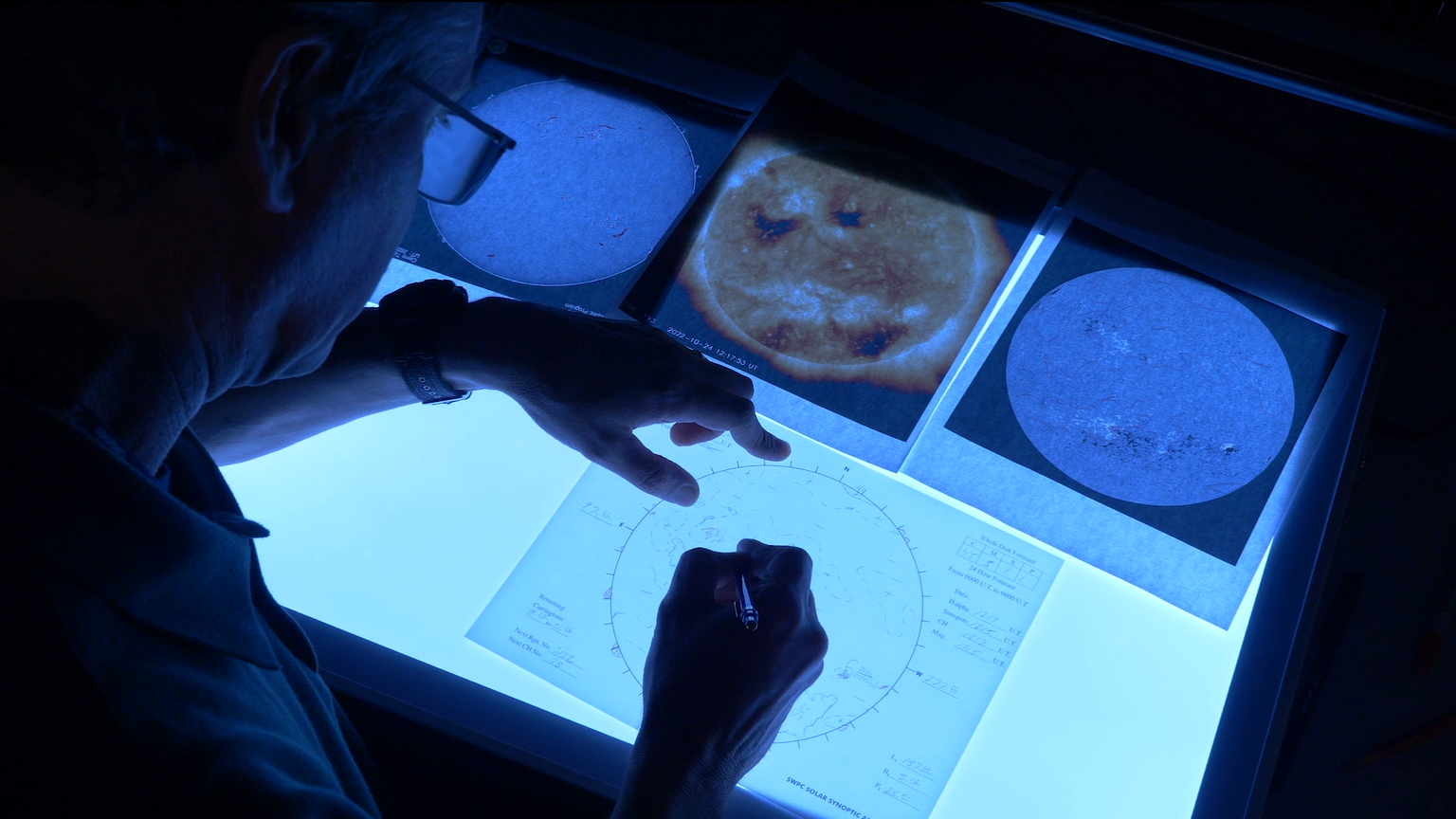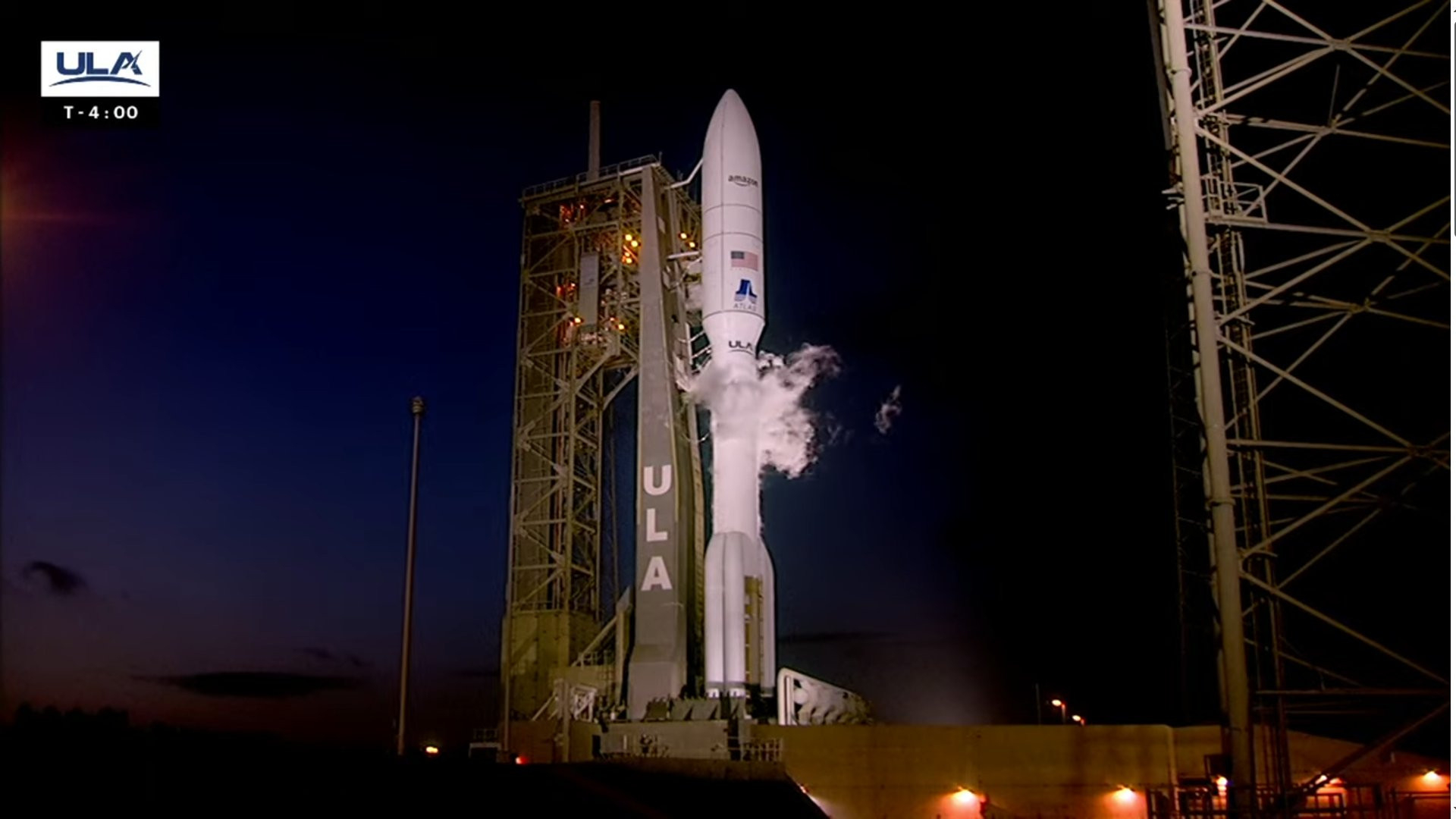'Don't Look Up' delivers a punch in comet-themed climate change film satire (review)
Science is perfectly at the forefront of this star-studded story, but will the jokes connect with a wide audience?

It's only four minutes into the new Netflix comet impact film "Don't Look Up" when astrophysicist Randall Mindy (Leonardo DiCaprio, "Inception"; "Before the Flood") makes his first mistake.
Mindy is leading a team trying to figure out the position and pathway of the newly discovered object, "and that will check the distance between the comet and planet Earth," he tells a small group of colleagues assembled in the observatory.
As Mindy scribbles numbers on a whiteboard, Ph.D. candidate and comet discoverer Kate Dibiasky (Jennifer Lawrence, "Passengers" ; "X-Men: Dark Phoenix") asks why the distances keep getting smaller and smaller in the calculations. Mindy writes a 0.0 on the board, erases it, breathes deeply. Does he tell his friends the truth?
"You know what, guys, let's call it a night," he says, asking Dibiasky to stay behind to figure out what to do next. Their shared secret — that the comet is about to wallop our planet in a few months — eventually lands them in the Oval Office of the White House, with problems their previous lives never prepared them for.
Related: Just how many threatening asteroids are there? It's complicated.
- Want to try Netflix? You can get a 30-day free trial now
- Sign up for Netflix starting at $8.99/month.
You can catch the whole film Dec. 10 in select theatres and Dec. 24 on Netflix. (Parental caution: like many McKay films, this movie occasionally gets raunchy, and uses strong language. It's rated R.)
In numerous media interviews, director Adam McKay ("Vice"; "The Big Short") has said the fictional Comet Dibiasky — which will inevitably hit Earth in six months in "Don't Look Up" — is meant to be a discussion on how the topic of climate change is manipulated by the media, Big Tech and politics. We also learn quickly that the scientists, even though committed to the data, can get hurt by the results.
Get the Space.com Newsletter
Breaking space news, the latest updates on rocket launches, skywatching events and more!
You can see that Dibiasky and Mindy are resolutely committed to tell the truth, yet unprepared for how a public used to memes, tweets and TikToks will take the devastating news. After their first appearance on a huge TV talk show, the astronomers' trajectories quickly spiral out of control from already difficult lives; Dibiasky is just about to defend her lengthy dissertation, while Mindy is on numerous medications to manage long-standing anxiety from his job.
Making things worse, the U.S. president they connect with — Janie Orlean (a giddy Meryl Streep, "The Devil Wears Prada") — is more concerned with a brewing sex scandal than with the potential end of the world. And instead of tasking the military and NASA to "work the problem" in the style of "Apollo 13", she ignores the advice of NASA's Planetary Defense Coordination Office (McKay jokes with viewers in a fourth-wall-breaking graphic that yes, the unlikely name is real) and has the military surveil the astronomers in case they say anything that will hurt her politically.
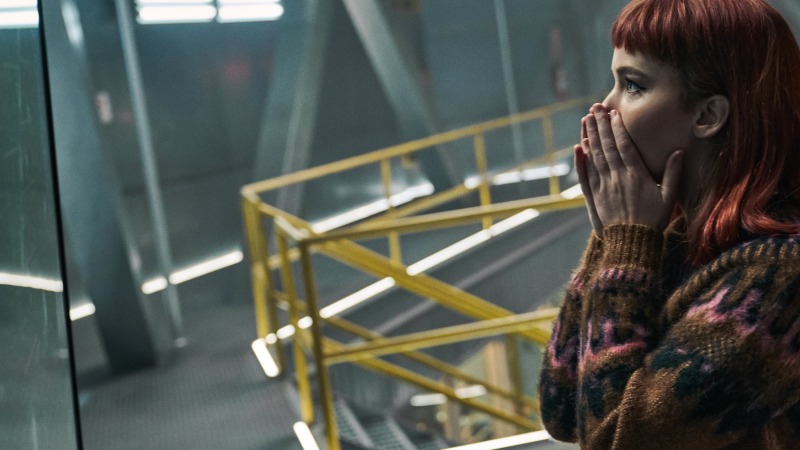
Orlean gives a despairing and devastatingly funny interpretation of presidential politics that McKay says borrows from all administrations of the past 50 years, although viewers likely will see Clinton and Trump most readily. (The tagline "Don't Look Up" refers to a disinformation campaign Orlean leads later in the film.)
Private interests inevitably, too, start to get involved. Media company CEO Peter Isherwell (Mark Rylance, "Ready Player One") promises a sudden pivot from enhanced reality technology to incredible space robots. (Isherwell is meant to be an amalgamation of space CEOs such as Elon Musk of SpaceX and Jeff Bezos of Blue Origin, who both had origins in the tech boom of the early 2000s.)
And this summary only touches on a portion of all the celebrity appearances, which are sure to keep viewers saying almost every five minutes: "That's so-and-so!" We won't spoil all the cameos, except to say space fans will love the performance of Timothée Chalamet of "Dune" (2021), who plays a skateboarding kid with a soft side for learning about new things.

There have been so many comet impact films out there (most recently, 2020's "Greenland") that we do appreciate McKay's care in trying to say something new about how everyone would react to such a disaster. Thinking all the way back to films such as 1998's controversial "Armageddon", despite its faults we didn't get near this amount of debate about the fact of a comet hitting Earth. Rather, older films focused more on the best way to smash a comet to oblivion, or to run from it.
McKay has been pivoting to political thrillers quickly, and viewers of "The Campaign" (2012) and "Vice" (2018) will probably see a lot of analogies in "Don't Look Up." But unlike those earlier satires, it's a slow burn. "Don't Look Up" focuses on world-building so much in its first two-thirds that it's hard to pick out a film direction. It's as much a commentary on what happens to private figures thrust into the public eye as how bad news gets manipulated. It's smart, it's funny, but it's hard to connect with any emotion until late in the film.
For me, my attention really honed in during the disinformation campaign and a stadium-sized rally, featuring a breathtaking performance from a costumed, floating Riley Bina (Ariana Grande). Grande is trying to illustrate through art the need to listen to the truth, sort of like a younger Bono. But I couldn't help but wonder if that theme came too late in the film for most of us to stick around, given it appeared around the 90-minute mark.
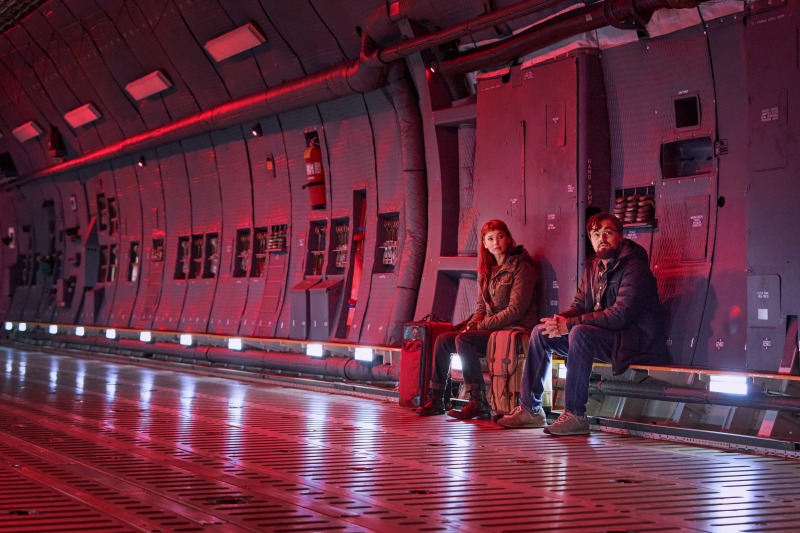
That said, waiting around will reward you with a lot of Easter eggs: an epic speech that echoes the "Mad as Hell" monolog from the 1976's "Network", an enraged character harmlessly using a weapon for something hilarious and unexpected, and stunning views of the comet sweeping past planets and creeping ever closer in Earth's sky, where it appears a lot like the close flyer C/1995 O1 Hale-Bopp.
I also was impressed with the commitment to comet science, between discussions of what an ephemeris means, to the rather realistic portrayal of the jetting and tumbling the comet core experiences. You can tell McKay did listen closely to science advisor Amy Mainzer, a renowned asteroid researcher and professor at the Lunar and Planetary Laboratory of the University of Arizona.
In sum, "Don't Look Up" is a love letter to science and the people who defend it, and a smart commentary on how climate change can become weaponized and politicized to serve interests outside of the public need. But will a wide audience appreciate the subtle arguments? We can only hope the star power will draw them in for this critical, yet funny commentary on the interests of media, the politicians and big tech when it comes to dealing with difficult scientific matters.
Follow Elizabeth Howell on Twitter @howellspace. Follow us on Twitter @Spacedotcom and on Facebook.
Join our Space Forums to keep talking space on the latest missions, night sky and more! And if you have a news tip, correction or comment, let us know at: community@space.com.

Elizabeth Howell (she/her), Ph.D., was a staff writer in the spaceflight channel between 2022 and 2024 specializing in Canadian space news. She was contributing writer for Space.com for 10 years from 2012 to 2024. Elizabeth's reporting includes multiple exclusives with the White House, leading world coverage about a lost-and-found space tomato on the International Space Station, witnessing five human spaceflight launches on two continents, flying parabolic, working inside a spacesuit, and participating in a simulated Mars mission. Her latest book, "Why Am I Taller?" (ECW Press, 2022) is co-written with astronaut Dave Williams.
